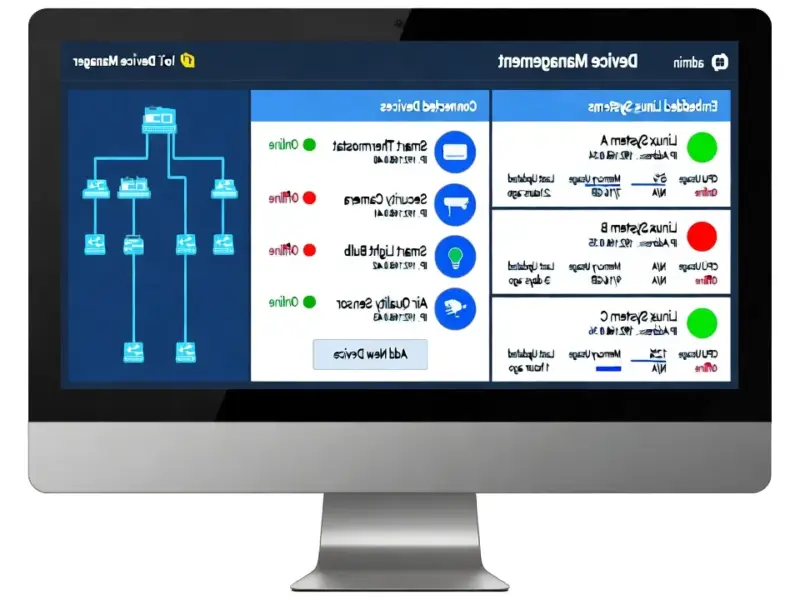ParrotOS 7 Switches to KDE Plasma, and It’s a Looker
ParrotOS 7 has arrived with a major desktop environment shift to KDE Plasma, offering both a packed Security edition for pen-testing and a leaner Home version for privacy. The overhaul isn’t just skin-deep, bundling a massive suite of ready-to-run cybersecurity tools. It’s a compelling package, even









